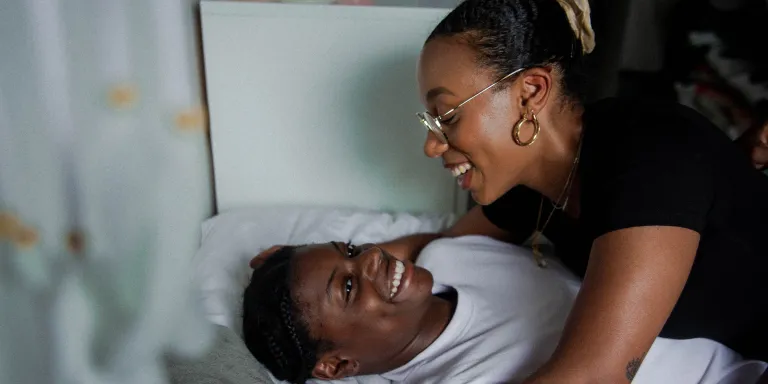
New report highlights importance of self-esteem for love, relationships and wellbeing as restrictions ease
Relationships Week 2021
Yesterday’s announcement about the increasingly likely further easing of restrictions from 19 July means the return of full-scale weddings, partying at nightclubs and music festivals, not to mention the scrapping of social distancing. We’ve been able to go on dates and meet up with limited numbers of family and friends for a while now but, for some, we know socialising still feels quite daunting.
This is not only because of fear of the virus but because, as we’re seeing in counselling sessions, the pandemic appears to have contributed to a split in self-esteem levels. That’s why the theme of this year’s Relationships Week (5-11 July) is ‘love yourself – building self-esteem to get by, grow and thrive in relationships and life’.
The Way We Are Now 2021 report
According to Relate’s and eharmony’s new The Way We Are Now 2021 report, released today as part of the Week, nearly a quarter (23%) of UK adults say their self-esteem decreased during the pandemic, compared to pre Covid-19 times.
Inability to socialise with friends and family, money worries and not prioritising physical health drove this dip. Comparing themselves with others on social media was another key factor. However it’s not all doom and gloom.
Self-help and self esteem
One in five (20%) UK adults have come out of lockdown with increased self-esteem. They attribute this to paying more attention to their physical health, taking up a new hobby and realising how strong they are after getting through a pandemic.
Self-help strategies employed during lockdown also appear to have fuelled a new wave of confident single people ready to date and find love.
Over two-fifths (42%) of single people surveyed admit they are entering short but intense romantic relationships since restrictions have relaxed. Close to a quarter (23%) of UK adults say they use self-help resources including books, online quizzes or advice from wellness influencers more than they did pre the Covid-19 pandemic.
Interestingly, single respondents aged 18–34 were more likely than any other age group to focus on self-help in these ways (32%). In addition, Relate’s own data shows that the number of 18–34 year-olds attending counselling on their own at Relate has increased by 7% since before the pandemic. These findings are supported by Relate’s own web data on low self-esteem seeing a 125% increase in views in April and May 2021 compared to the previous month.
It’s great that people are recognising the importance of working on themselves and seeking out self-help and counselling.